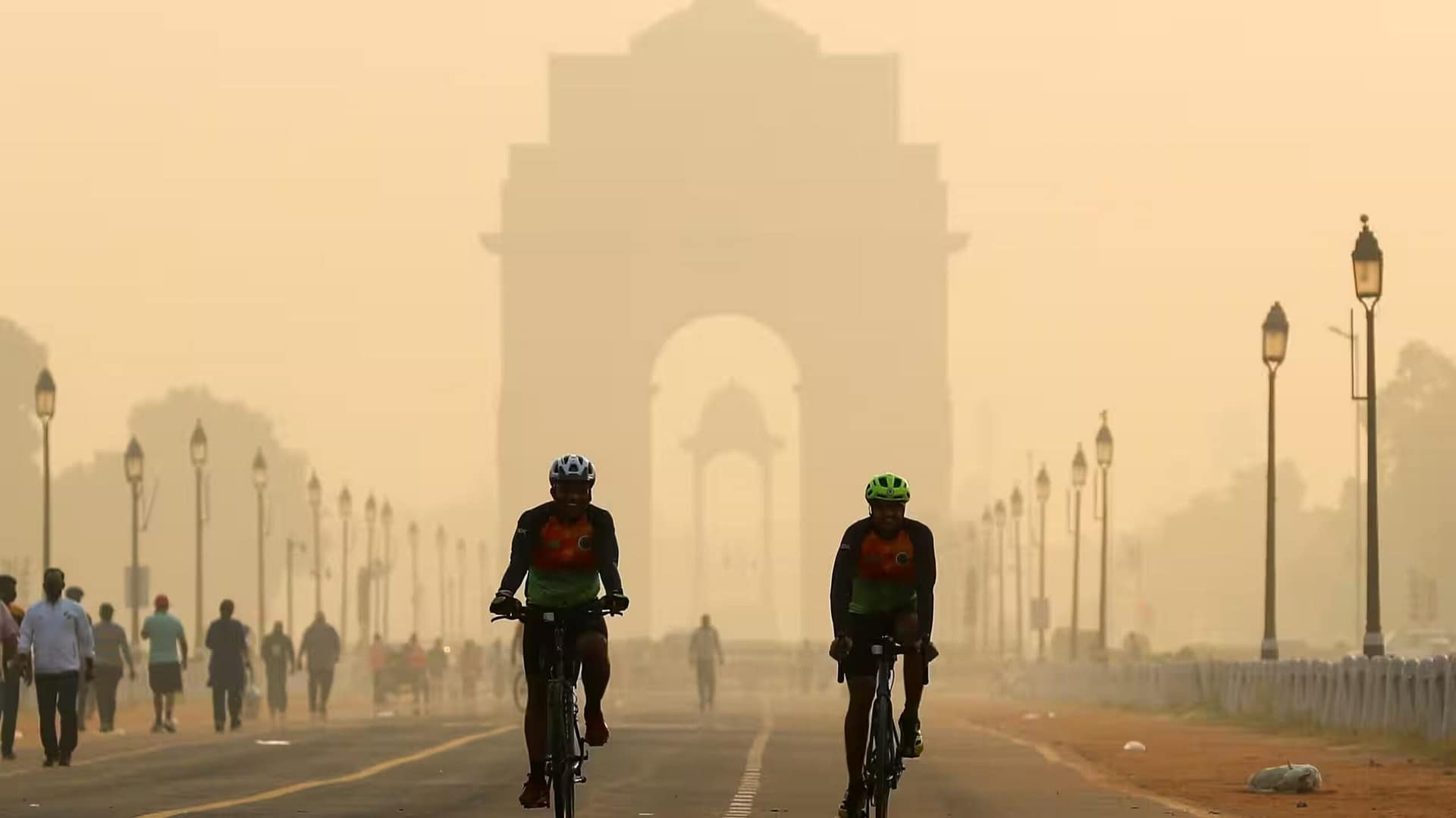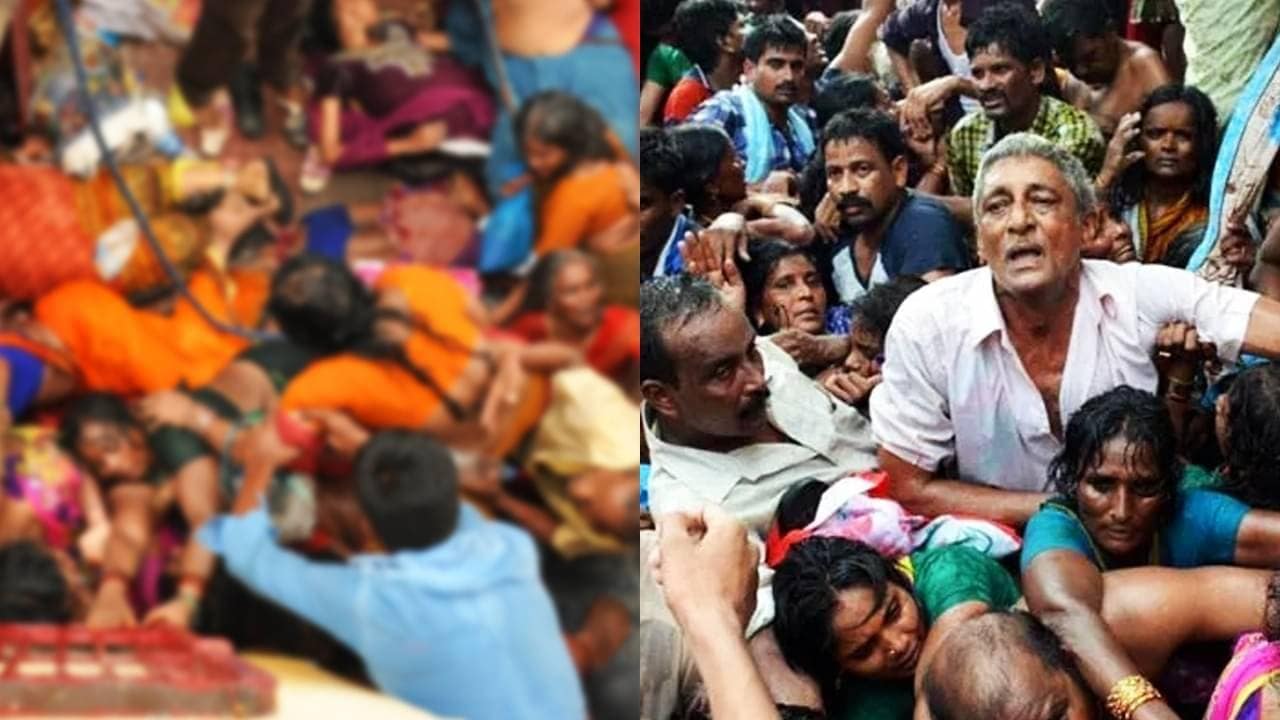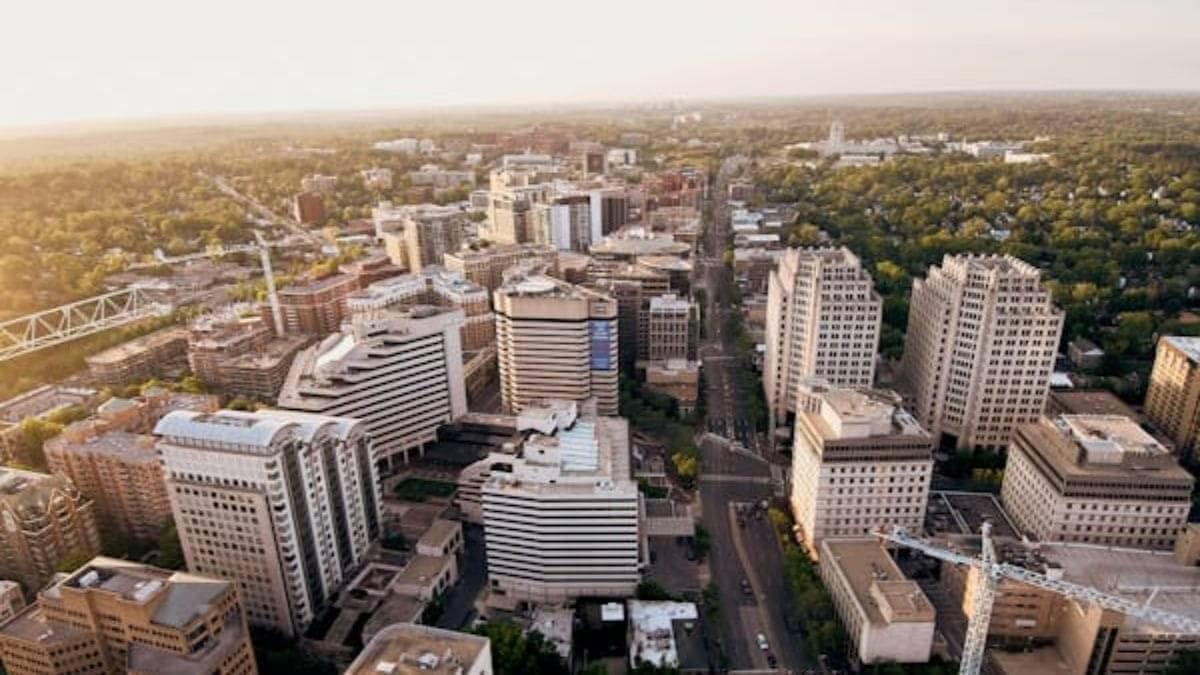
New Delhi: Delhi is grappling with a sharp deterioration in air quality, as the city’s AQI has plunged to the ‘Severe’ category (418) for the first time this season. The hazardous pollution levels are causing widespread discomfort, with residents urged to wear masks and limit outdoor activities. The toxic haze has also affected flight operations at Indira Gandhi International (IGI) Airport. Authorities have issued advisories, urging people to take precautions, especially vulnerable groups such as children, the elderly, and those with respiratory conditions, as the city battles this seasonal air pollution crisis.
On Wednesday, the AQI in Delhi soared to 418, marking a massive spike. In contrast, the 24-hour average AQI recorded at 4 pm on Tuesday stood at 334. By 9 am Wednesday, the air quality had already reached the ‘very poor’ category, with a reading of 366.
An AQI between 0 and 50 is considered ‘good’, 51 and 100 ‘satisfactory’, 101 and 200 ‘moderate’, 201 and 300 ‘poor’, 301 and 400 ‘very poor’, 401 and 450 ‘severe’ and above 450 ‘severe plus’. Of the 36 monitoring stations in Delhi, 30 reported air quality in the ‘severe’ category, according to the Central Pollution Control Board (CPCB).
10 Flights Diverted Due to Zero Visibility at IGI
Low visibility at Delhi’s airport led to the diversion of 10 flights and several delays, according to airport officials. Among the diverted flights, one was redirected to Jaipur and another to Lucknow. This disruption followed a report from the India Meteorological Department (IMD) that very dense fog began forming around 5:30 am, enveloping various parts of the capital in a thick haze.
On the other hand, residents have reported low visibility on the roads, making travel difficult, and many are experiencing symptoms such as eye irritation, a runny nose, breathlessness, and persistent coughing due to deteriorating air quality.
Supreme Court on Delhi Air Pollution
The Supreme Court on Monday said that the right to live in a pollution-free atmosphere is a fundamental right of every citizen under Article 21 of the Indian Constitution and no religion encourages any activity that creates pollution. Questioning the authorities for their failure to implement the ban on firecrackers in Delhi during Diwali , a bench of Justices Abhay S Oka and Augustine George Masih further said that if firecrackers are burnt in this fashion, it also affects the fundamental right to health of the citizens. “
The right to live in a pollution-free atmosphere is a fundamental right of every citizen, which is protected by Article 21 of the Constitution of India. Prima facie, we are of the view that no religion encourages any activity that creates pollution or compromises the health of people. If firecrackers are burnt in this fashion, it also affects the fundamental right to health of the citizens,” said the bench.
Will Delhi Schools Be Closed Amid Alarming Air Pollution Levels?
Amid deteriorating AQI, the Bharatiya Janata Party ( BJP ) called for the immediate closure of all schools up to Class 5, citing the severe health risks posed to children. The party also aimed at the Aam Aadmi Party (AAP) government for failing to address the city’s growing pollution crisis, labelling Delhi a “gas chamber” and accusing the administration of neglecting public health.
The BJP also lambasted the Delhi government over its response to hazardous air quality, stating that the AAP administration had “utterly failed” to manage the pollution crisis in the city. “Delhi is now a gas chamber where people are choking and suffering from respiratory issues,” a BJP leader said.




